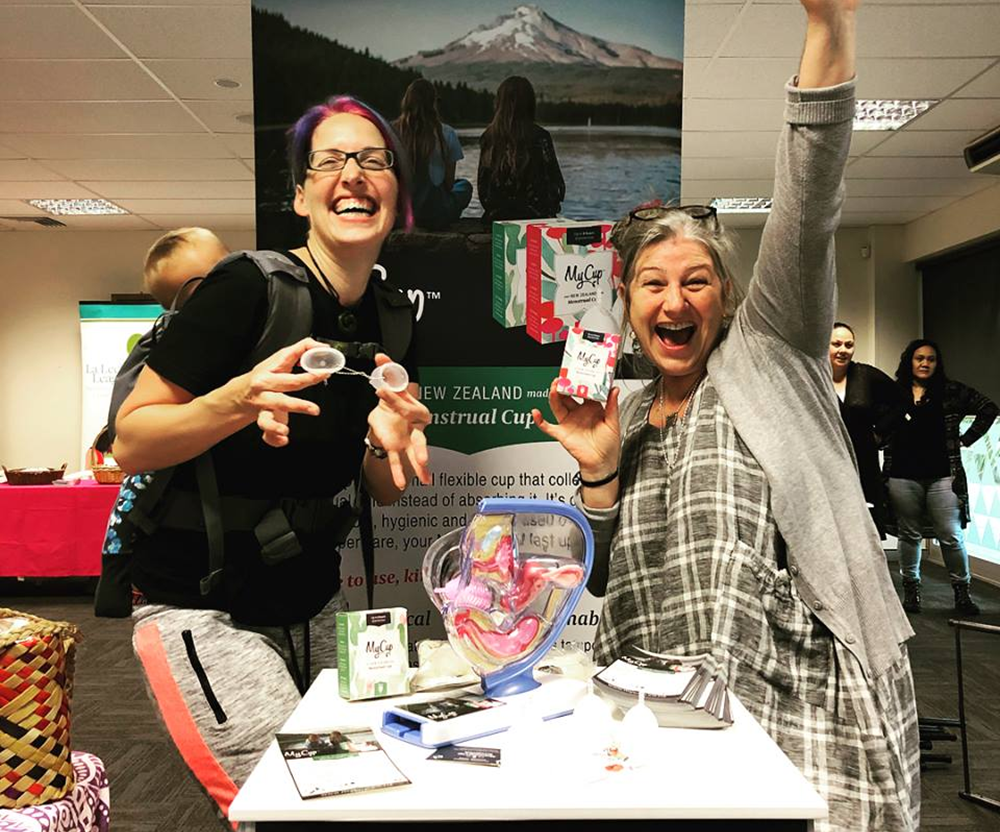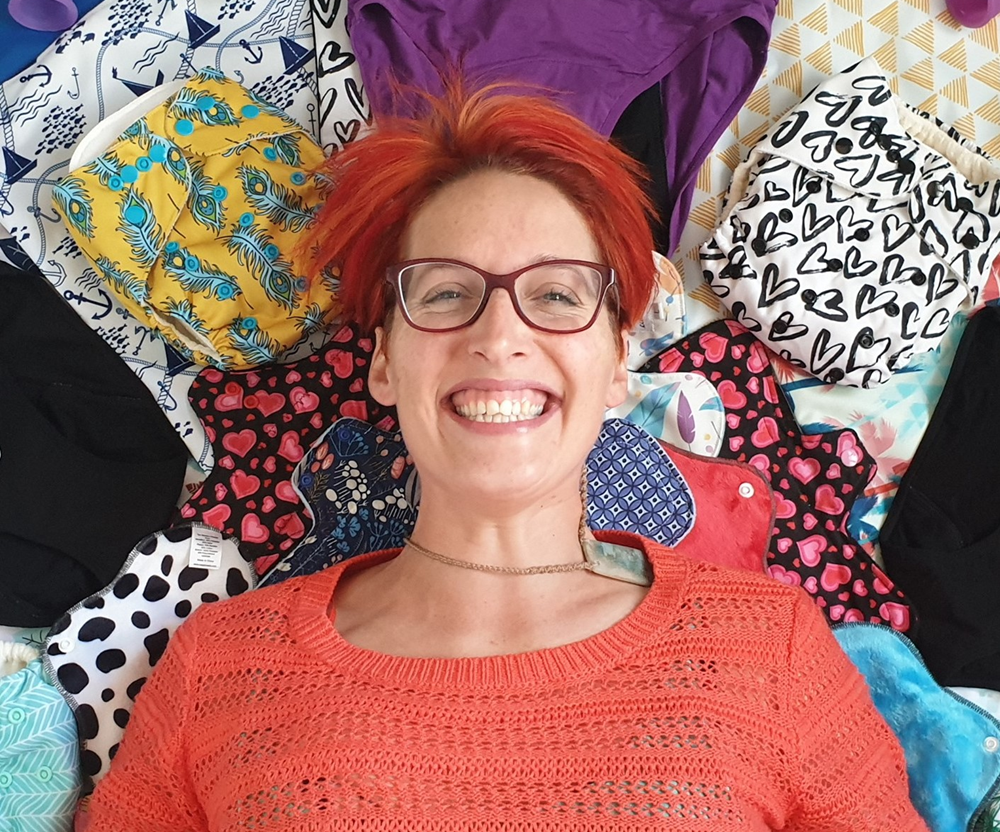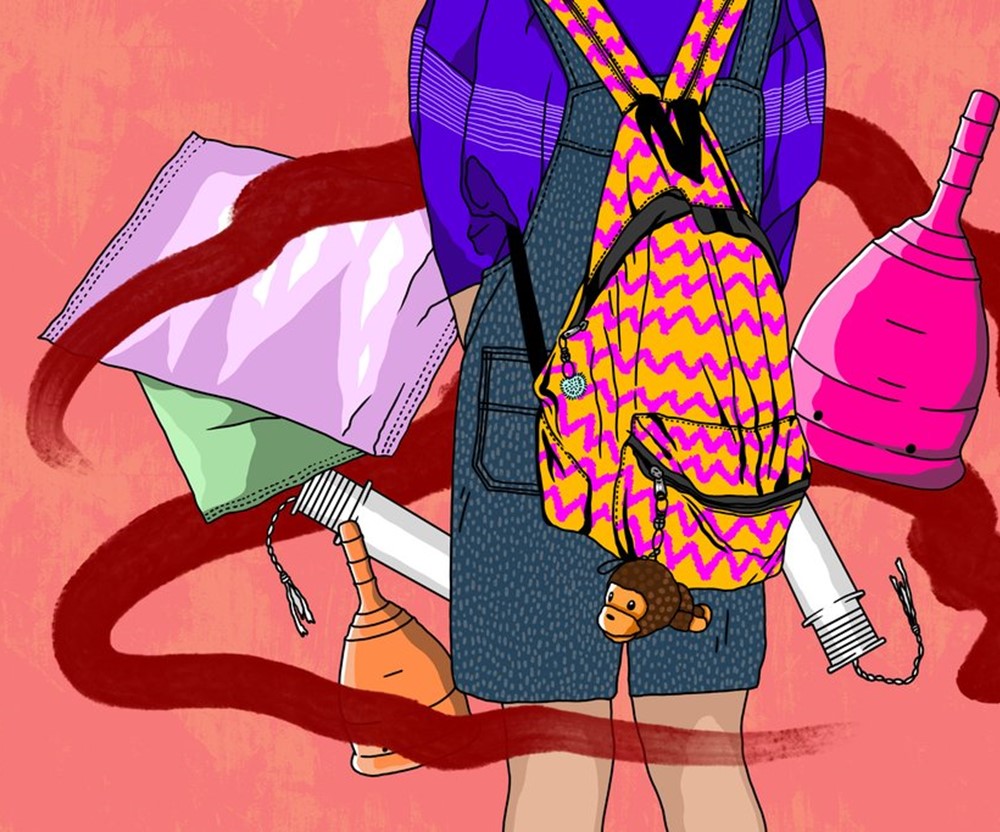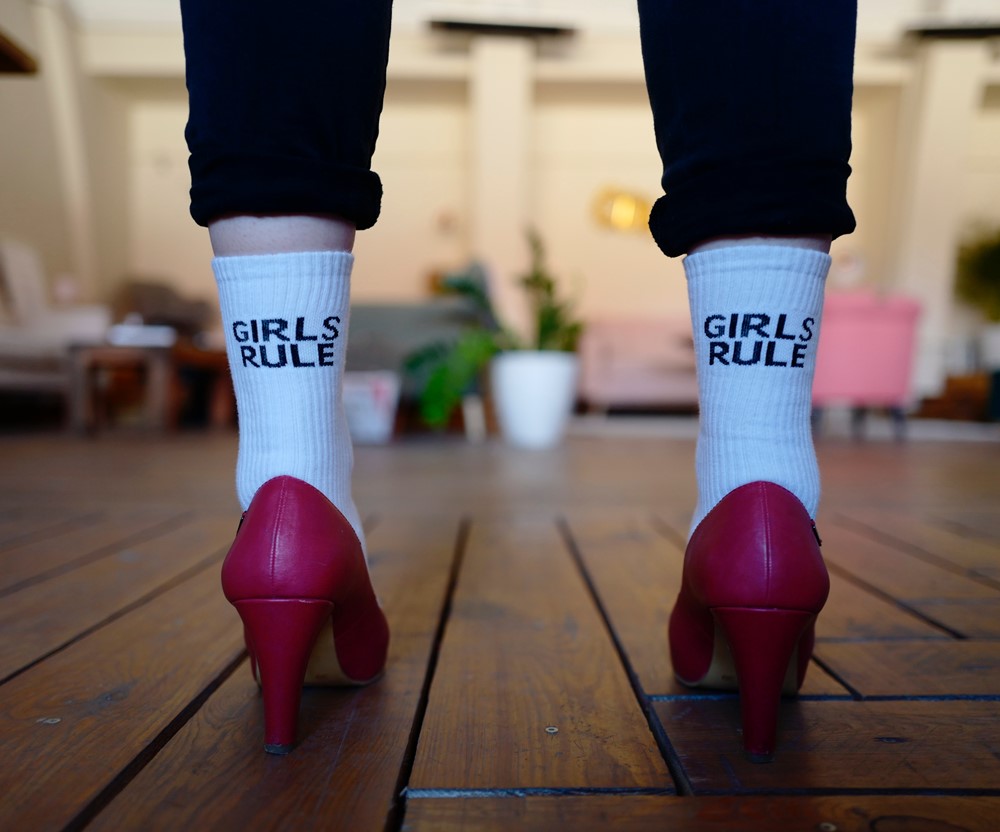
Fighting period poverty with reusable period products
The Good Fund
Categories
- Hamilton
- Community
The Good Fund is the brainchild of Emily Holdaway from Raising Ziggy and Kimberli Schuitman from MyCup NZ. These two amazing women are working together with different brands to help menstruating people all over Aotearoa have access to reusable and sustainable period products. In a much-needed effort to eliminate period poverty, 100% of their funds go into the packs that they provide - to help people who are struggling or not able to invest in the future of their period.
Taking some time away from her incredible schedule, Emily answered some questions for us about The Good Fund, reusable period products and period poverty.
Can you share with us what inspired The Good Fund’s creation and how you became involved?
Before motherhood, I was blind to the issue of period poverty. I didn’t even know what a menstrual cup was, and nothing of this type was on my radar. I was a travel agent! Not a vagina guru.
I became involved after Kimberli, the founder of MyCup NZ based in Christchurch sent me, as a volunteer and tester, one of her sample menstrual cups in 2017. I knew she ran a ‘buy one gift one’ menstrual cup initiative, but it wasn’t until I saw a post by someone I knew asking for help, that I realized this was a real issue and one I was in a position to help with.
For most of 2018, I was a community partner with MyCup NZ, talking to organisations in the Waikato about Period Poverty and how a menstrual cup could offer solutions. However, during this work it became very obvious to me that just as important as solutions, was choice.
So I reached out to Kimberli with a plan in mind and together we brainstormed solutions, which eventually led to the start of The Good Fund.
The Good Fund provides fully funded period underwear, cloth pads and menstrual cups to those living in period poverty.
Sustainability is a well-used word in our society today, what are the benefits that will be felt when using sustainable period products?
A person can dispose of an average of 138 kgs of soiled, single-use menstrual products over the life of their period. This takes between 500-800 years to break down, and only if exposed to air and water. Most landfills are now sealed so menstrual waste will be the legacy we leave for future generations. However, by using sustainable period products, we can create a cleaner, greener planet and healthy waterways. A healthier planet for our family and future generations.
We also decided only to provide reusable period products, so that the help we gave was impactful and long lasting. It's really hard for people to ask for help, and we have 12 periods a year. We wanted people to ask for help once, and get help that lasts for years, instead of having to come back and ask month after month.
The current government has signed off on providing free sanitary products in schools. What’s your perspective on this and how does it affect the young women in our country?
I think it’s a good acknowledgement that there is a problem! But I don't feel it’s the full solution for 2020, as it’s not funding sustainable period products. Why don’t we give the teenager the power of choice by giving them education and more options. I feel that the earlier this education starts, the better placed our young people will be to confidently manage their periods and understand their bodies. However, it’s not just school girls who face period poverty. We get a lot of parents applying for our products as - after nappies, rent, formula - there is no money left for them to buy sanitary products.
How can someone become involved or partner with The Good Fund?
Aside from funding and donations, we would love to see schools or organisations reaching out to us to be educated or hear more about sustainable period products. I’m not selling anything, so I don’t want to have to approach organisations, I would prefer to talk to people that want to learn more about this. It’s not just about period poverty but also sustainable periods.
To learn more about The Good Fund, you can visit their website and social media links below:
Website:
Facebook:
www.facebook.com/thegoodfundnz
Instagram:
Here are some other stories that you might enjoy reading.




